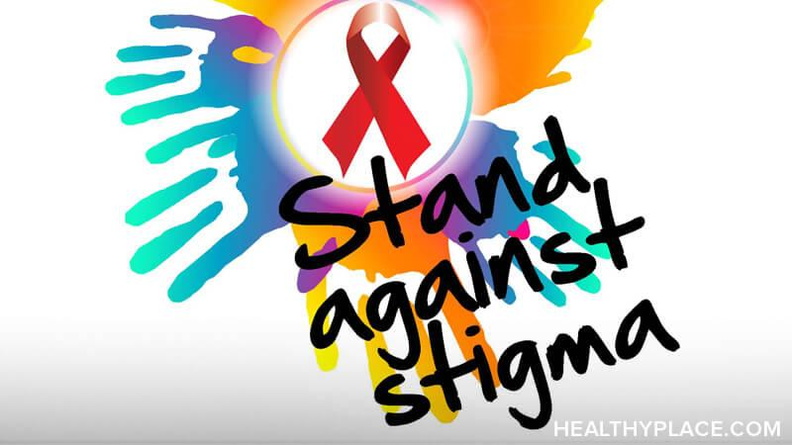Working To Reduce Mental Health Stigma in the News Media

The new year is approaching quickly and it is a perfect time to discuss working to reduce mental health stigma in the media. Mental health is one of the most relevant topics in present-day society. As a mental health advocate and a young adult with bipolar 2 disorder, the main change I hope to see in mental health in 2017 pertains to the stigma of mental illness. A good place to start reducing mental health stigma is in the news media, addressing its negative portrayal of mental illness.
Challenge the News Media's Stigmatization of Mental Illness
 The news media's negative portrayal of mental illness has been always been a stigma-causing issue. This is not to say that mental health advocates should form a movement to completely diminish the news media, but demanding more accurate depictions of mental health conditions is necessary.
The news media's negative portrayal of mental illness has been always been a stigma-causing issue. This is not to say that mental health advocates should form a movement to completely diminish the news media, but demanding more accurate depictions of mental health conditions is necessary.
An example of this pertains to the tragic Orlando shooting that occurred in June 2016. On June 12, 2016, Omar Mateen shot 49 people at a gay nightclub in Orlando, Florida. In the days after the massacre, we heard heart-wrenching stories from the victims, which fueled the fire to hate human beings like Mateen. At one point, the ex-wife of Mateen spoke publicly about the abuse she endured throughout their marriage and said four words that were spread across the news, "I saw his bipolar."
Although it was not the news media that made this comment, the lack of questioning her statement before broadcasting it across the nation was concerning. Sitora's comment was an assumption that frames individuals with a mental illness as terrifyingly violent people who are capable of such evil acts.
On the other side of it, credible news outlets such as CNN published an article addressing Sitora's comment pertaining to Mateen's mental health. The article disputes the allegations made by Sitora and discusses the negative effect the stigma of mental illness has on the public. These are the ideas we want individuals to speak up about. The news media does not have a little impact on people's opinions, it has a major impact on people's opinions. This is the reason why in 2017 mental health advocates need to continue voicing concern over mental health stigma in the news media.
Ways to Reduce the Stigma of Mental Illness in the News Media
The ways reduce the stigma of mental illness in the news media are simple. Growing media platforms give us the ability to share information quickly to large audiences. The online blogs, YouTube channels, and social media accounts dedicated to depicting an honest and positive portrayal of mental illness takes the power away from the gatekeepers of information, the news media. When something is said in the news media that pertains to the negative portrayal of mental illness, sharing credible sources or facts that dispute what is being said is extremely beneficial (Dos for Fighting Mental Health Stigma).
If you are sitting with your family or friends watching the news when this occurs, verbally question its credibility. It is important we take advantage of technological advancements that give a lot of power to the people. The objective is to reduce the stigma of mental illness. This will take time and 2017 is not where this type of work begins, it simply continues.
At the age of 60, actress and mental health advocate, Carrie Fisher passed away on December 27, 2016. She is most famously known for her role as Princess Leia in the movie Star Wars. However, her most important role was as a mental health advocate. Fisher was diagnosed with bipolar disorder in her 20s and later revealed her diagnosis publicly. She boldly relayed the message to the public that people with a mental illness should not be ashamed. Fisher's work on reducing the stigma of mental illness will continue you into the new year and thereafter.
For more on Carrie Fisher's advocacy work and her impact on mental health stigma, watch this:
Find Hannah on Twitter, Facebook, Google+, Instagram and on her blog.
APA Reference
Blum, H.
(2016, December 28). Working To Reduce Mental Health Stigma in the News Media, HealthyPlace. Retrieved
on 2026, January 6 from https://www.healthyplace.com/blogs/mentalhealthforthedigitalgeneration/2016/12/working-towards-reducing-stigma-and-a-good-place-to-start